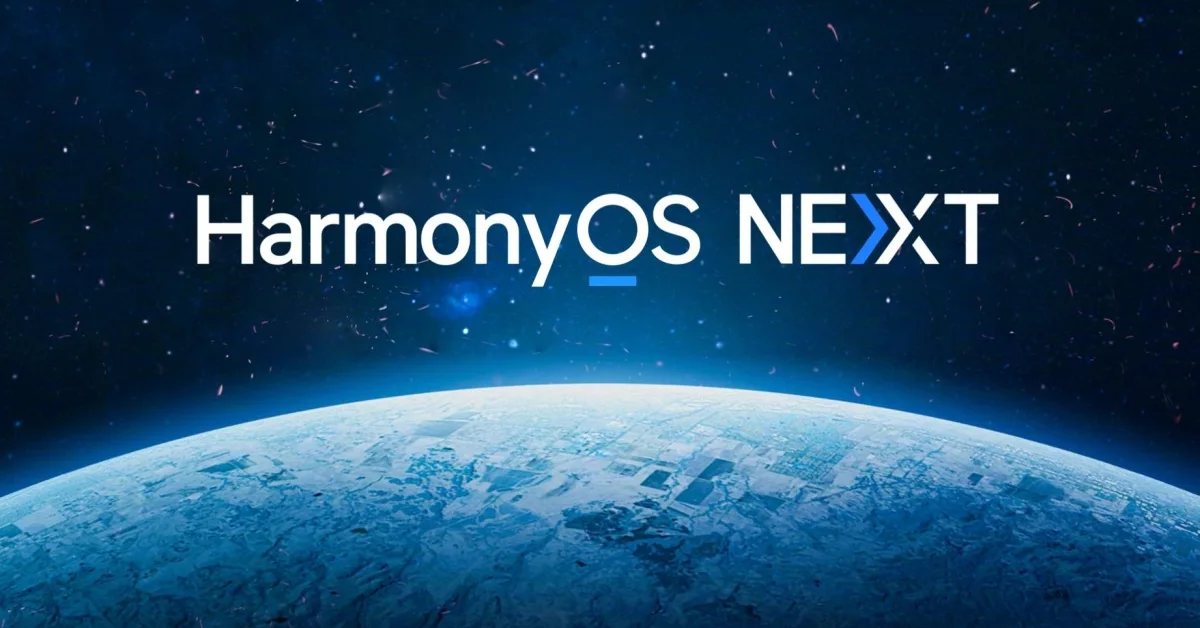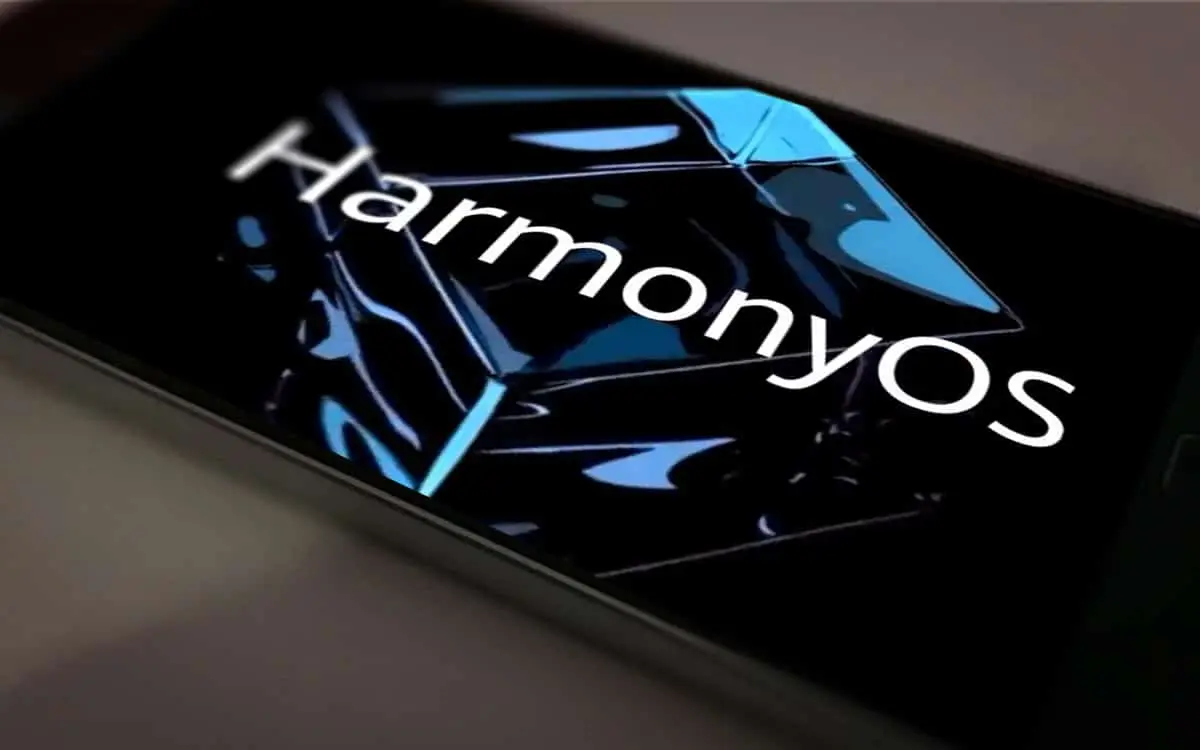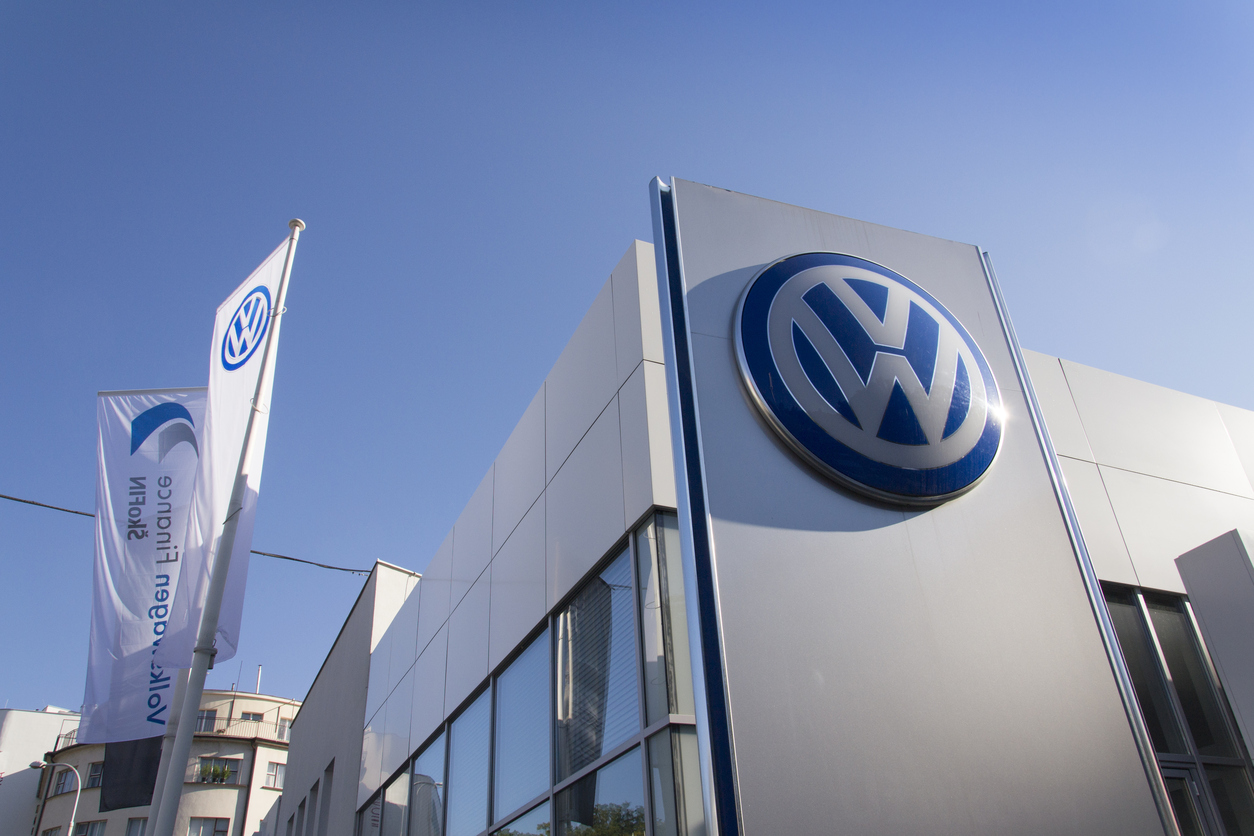Huawei has launched its new operating system, HarmonyOS NEXT, officially moving away from the Android ecosystem. The company announced that the OS is now in public beta for select smartphones and tablets powered by its proprietary Kirin and Kunpeng chips. Unlike its previous versions, HarmonyOS NEXT no longer supports Android apps, signaling a complete break from Google’s ecosystem.
However, Huawei is confident that Chinese tech giants such as Meituan, Douyin, Taobao, Alipay, and JD.com have already developed native apps for the platform, ensuring a robust app ecosystem within China.
To compete globally, Huawei is offering incentives to developers to build apps for HarmonyOS NEXT, although it still falls short of the vast libraries of apps found on Google Play and Apple’s App Store. At launch, the company reported over 15,000 native apps available for the OS, a modest figure compared to the millions available on other platforms.
Huawei also highlighted performance improvements, claiming that devices running the OS will experience a 30% boost in overall performance, extended battery life by nearly an hour, and more available memory for non-OS functions.

Despite these advancements, Huawei currently has no plans to release HarmonyOS NEXT outside of China. This contrasts with previous efforts to bring earlier versions of the OS to global markets, which were largely unsuccessful.
International developers have supported the OS, with apps from Singapore’s Grab and Emirates Airlines, but the lack of a global rollout limits the platform’s reach. Meanwhile, on the same day as Huawei’s launch, Apple CEO Tim Cook was in China, where he expressed Apple’s commitment to increasing investment in the country.
This move toward independence comes in the context of U.S. sanctions imposed on Huawei in 2019, which cut the company off from Google’s services. Until now, Huawei relied on the Android Open Source Project for its HarmonyOS functionality.
The launch of HarmonyOS NEXT represents a full separation from that dependency, reflecting China’s broader push for technological self-sufficiency amid trade and technology restrictions from the U.S., particularly in the semiconductor industry.
Looking forward, Huawei plans to expand HarmonyOS NEXT beyond mobile devices, with plans to use the operating system in its PCs, replacing Windows. Although the company has not specified a release date for these HarmonyOS-powered computers or whether other manufacturers will adopt the system, this marks another step in Huawei’s long-term strategy to create a self-reliant tech ecosystem, further distancing itself from reliance on foreign technology.







Leave a Reply